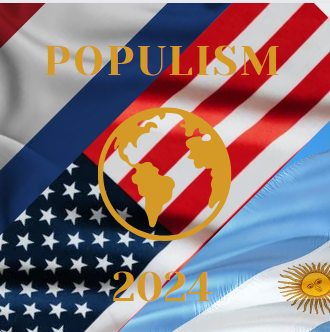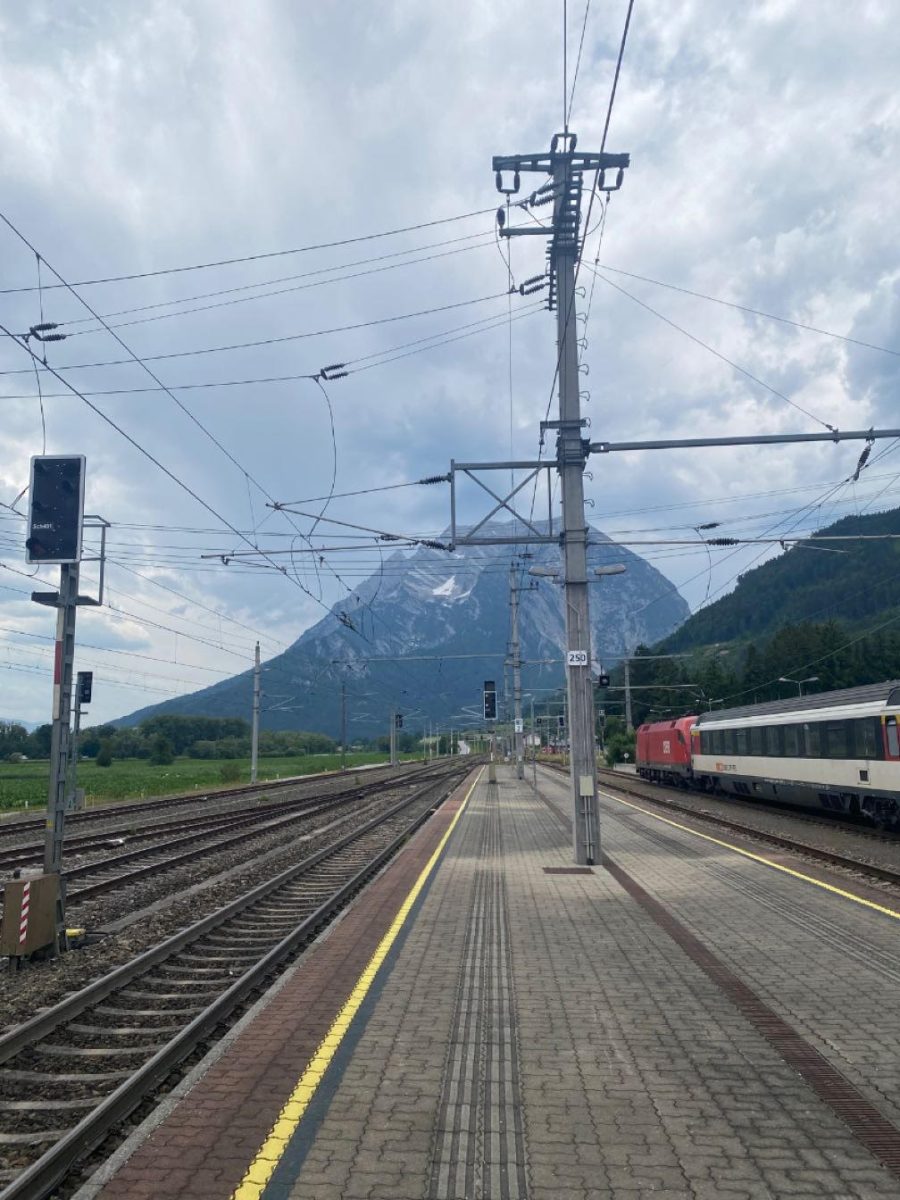
America was introduced to controversial leaders when a populist businessman with no political experience and a promise to shake things up came out of nowhere and won the 2016 presidential election. That man was Donald Trump.
Now, others like him are winning elections across the world.
In 2016, Trump campaigned on the loss of American jobs overseas, curbing illegal immigration, deregulating business, clearing out the political establishment and withdrawing from multinational agreements and wars. All of these factors fit into the “America First” ideology that helped him win the votes of blue collar workers in key swing states.
Seven years later, on Nov. 19, 2023, libertarian and former economist and television personality Javier Milei was elected president in Argentina over established politician Sergio Massa.
Just days later, on Nov. 23, the leader of the Netherlands’ Freedom Party, Geert Wilders, won reelection into the lower house of parliament. His party won 37 seats, which was more than double of what was expected and exceeded other parties. Propelled into a position of power, Wilders has a chance to be the next prime minister of the country.
Despite being thousands of miles apart, the leaders have one thing in common. Their populist positions would bring sweeping policy changes to their respective countries.
But that comes with a fair share of controversy.
Dubbed “Trump of Argentina” and “Dutch Donald Trump,” Milei and Wilders share similar right-leaning policy positions to the former American president and carry endorsements from him as well.
Wilders is in favor of the Netherlands leaving the European Union and halting the mass migration into the country, vowing to “return the Netherlands to the Dutch.” He is outspoken against continuing to give asylum to immigrants from foreign countries, blaming high costs of living and a shortage of housing on this influx. Additionally, he has vowed to withdraw the country from the Paris Climate Agreement and cut funding for Ukrainian aid.
Milei shares similar conservative views. Advocating for the abandonment of the Argentine Peso in favor of the US Dollar, Milei aims to eliminate government programs and the central bank to curb skyrocketing inflation. Additionally, he has called for the removal of the political establishment of the country, similar to Trump’s “drain the swamp” ideology.
A self-proclaimed culture warrior, Milei has criticized climate initiatives and advocated for restriction on abortion as well as for the reversal of the influence of socialism on his country.
Like Trump’s, Milei’s supporters can be seen in apparel branded with the “Make Argentina Great Again” slogan.
With the similar positions that the politicians share, AP Macroeconomics teacher and leader of PV’s Model United Nations Philip George doesn’t rule out the possibility of them working together to create economic and trade policies. “Obviously when it comes to international relations, leaders who have similar ideologies like to work together more and it makes it an easier process. There is also a long history of leaders who share similar ideologies. If something is beneficial for their country they’re usually more willing to work together on that,” he stated.
One would think that being moderate is the recipe for success as a candidate, as most voters do not hold extreme positions, and this has largely been the case. However, this raises the question of why politicians with more extreme positions have been able to rise to power?
The answer lies in the definition of the populist ideology that Trump, Milei and Wilders all share: their focus on the people.
The public was fed up with the direction their country was going in the election of all three of these leaders. For Trump, it was the loss of American jobs overseas and the belief that the country was declining from the global superpower it always was.
For Wilders, the immigration crisis that put tensions on the economy. Wilders speculated about why Dutch voters chose a divisive candidate such as himself. “Voters said, ‘We are sick of it. Sick to our stomachs.’” Wilders continued, “The Dutch will be No. 1 again. The people must get their nation back.”
And for Milei, the failed socialist policies of Argentina’s past that caused record inflation and poverty rates, 143% and 40% respectively. “From being the richest country in the world, today we are (ranked) 130. Half of Argentines are poor and the other 10% are destitute. Stop this impoverishing model of the caste. Today we embrace the Libertarian model so as to return to being a global power,” he exclaimed.
AP Human Geography and US History teacher Sara Russell notes drastic changes in leadership like the elections of Trump, Milei and Wilders are the result of a lack of faith in the government system as a whole. “People get frustrated with government and government in general doesn’t move very fast. People get tired of waiting for changes to occur so they see that pushing for very large, drastic changes is the way to get change to occur,” she explained.
Although all three populists won, voters overlooked controversy to put someone new in office. Wilders has taken criticism for being anti-Islam, with a previous manifesto calling for the “de-Islamization” of the Netherlands, a stance that has forced him to live under constant government protection and one that he has tried to distance himself from.
Milei has been named “el loco” or “crazy” by his critics and garnered attention for revving a chainsaw at events to symbolize the cutting down of the political elite and large government.
Finally, Trump’s Twitter attacks and legal issues were part of the reason he lost in 2020, and his outspoken reputation has made voters question whether he is the right choice again for the 2024 election.
Russell thinks that the election of these leaders is not surprising due to the changing flow of ideas and beliefs over time. However, she questioned how these leaders will live up to their promises to the people. “Regardless of political party, people make a lot of promises and we will see what that looks like in day-to-day governing. And I think it will be interesting to see if people are truly populist and working in the interest of people. People are really intrigued by a person and the way they carry themselves, they may come off that way but what is reality going to look like?”
George also speculated about the change these leaders could create but agreed that populist ideas and beliefs are on the rise. “I definitely see an idea that’s spreading and gaining speed. Obviously the differences in the governments of both of those leaders will limit with the amount of change they create. It definitely says something that they are able to get into positions of leadership,” he explained.
With populist policies on the rise across the world, voters are willing to overlook controversy for candidates that promise to bring swift, influential change for the people of their nation.

















